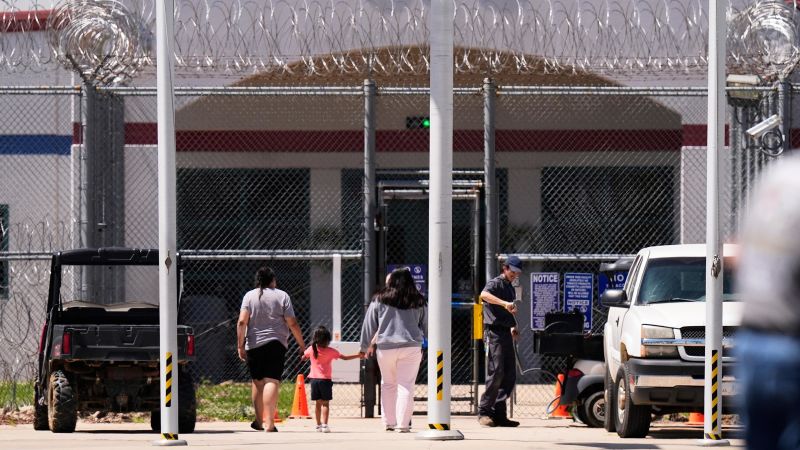Torn Apart: American Kids Caught in the Crossfire of Trump's Immigration Crackdown

The recent deportation of three US-citizen children to Honduras by the Trump administration reveals the troubling consequences of an aggressive deportation strategy that often disregards internal safeguards and fundamental due process protections, according to legal experts.
This alarming incident highlights the potential for systemic failures within immigration enforcement, where bureaucratic zeal can lead to extraordinary and deeply problematic outcomes. The forced removal of children who are legally American citizens represents a stark example of how overzealous deportation policies can result in traumatic and potentially unconstitutional actions.
Legal scholars argue that such cases not only violate established immigration protocols but also raise serious questions about the fundamental rights of US citizens, even when they are children caught in complex familial immigration situations. The incident serves as a critical reminder of the human cost of stringent immigration enforcement and the importance of maintaining robust procedural protections.
The deportation underscores the urgent need for more nuanced, compassionate, and legally sound approaches to immigration policy that prioritize individual rights and family integrity.
